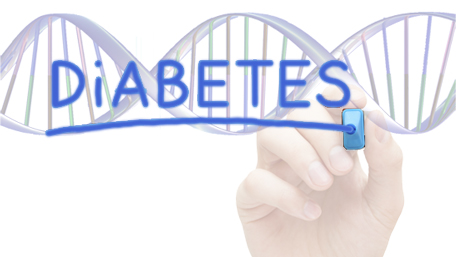
08/14/2020
Hot Topics of the Day are picked by experts to capture the latest information and publications on public health genomics and precision health for various diseases and health topics. Sources include published scientific literature, reviews, blogs and popular press articles.
Sign up MyPHGKB to receive the daily hot topic email alert.
Archived Hot Topics of the Day By Date
Predicting novel drugs for SARS-CoV-2 using machine learning from a >10 million chemical space
J Kowalewski, et al, Helyon, (Cell) AUgust 2020
Disparities in Incidence of COVID-19 Among Underrepresented Racial/Ethnic Groups in Counties Identified as Hotspots During June 5–18, 2020 — 22 States, February–June 2020
JT Moore et al, CDC MMWR, August 14, 2020
Assessing Risk Factors for Severe COVID-19 Illness
CDC, August 2020

Effect of an Inactivated Vaccine Against SARS-CoV-2 on Safety and Immunogenicity Outcomes
Interim Analysis of 2 Randomized Clinical Trials
S Xia et al, JAMA, August 13, 2020
FALSE-NEGATIVE RESULTS OF INITIAL RT-PCR ASSAYS FOR COVID-19: A SYSTEMATIC REVIEW
IA Rodriguez et al, MEDRXIV, August 13, 2020
The COVID-19 Pandemic Vulnerability Index (PVI) Dashboard: monitoring county level vulnerability
S Marvel et al, MEDRXIV, August 13, 2020
Population stratification enables modeling effects of reopening policies on mortality and hospitalization rates
T Huang et al, ARXIV, August 10, 2020
A Deep Learning Approach for COVID-19 Trend Prediction
T Yang et al, ARXIV, August 9, 2020
Role of POLE and POLD1 in familial cancer
P Mur et al, Genetics in Medicine, August 14, 2020
Genetic Predisposition to Coronary Artery Disease in Type 2 diabetes
NR van Zuydam et al, Cir Genomics Precision Med August 2020
Polygenic Contribution to Low-density Lipoprotein Cholesterol Levels and Cardiovascular Risk in Monogenic Familial Hypercholesterolemia
M Trinder et al. Cir Genomics Precision Medicine, August 2020
Disclaimer: Articles listed in Hot Topics of the Day are selected by Public Health Genomics Branch to provide current awareness of the scientific literature and news. Inclusion in the update does not necessarily represent the views of the Centers for Disease Control and Prevention nor does it imply endorsement of the article's methods or findings. CDC and DHHS assume no responsibility for the factual accuracy of the items presented. The selection, omission, or content of items does not imply any endorsement or other position taken by CDC or DHHS. Opinion, findings and conclusions expressed by the original authors of items included in the Clips, or persons quoted therein, are strictly their own and are in no way meant to represent the opinion or views of CDC or DHHS. References to publications, news sources, and non-CDC Websites are provided solely for informational purposes and do not imply endorsement by CDC or DHHS.
- Page last reviewed:Feb 1, 2024
- Page last updated:May 01, 2024
- Content source:





